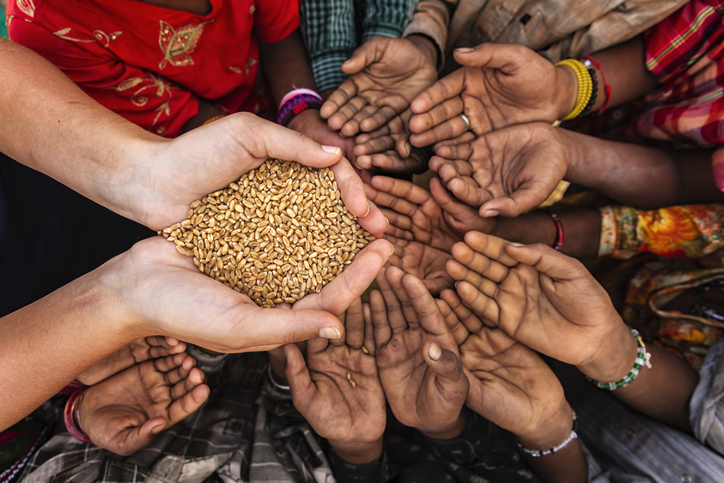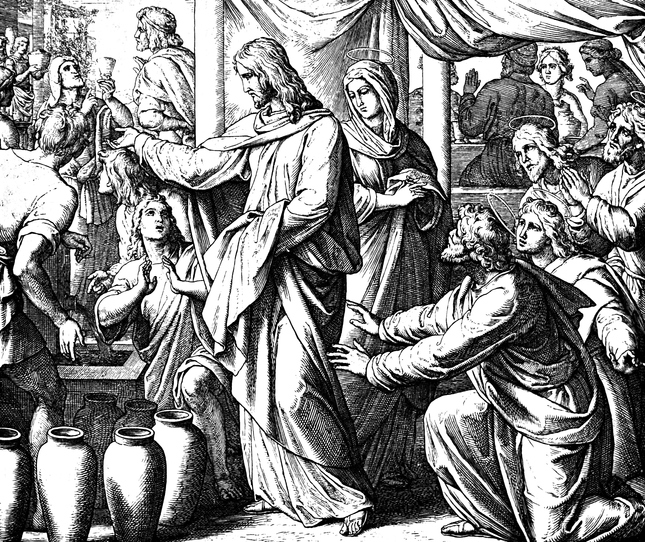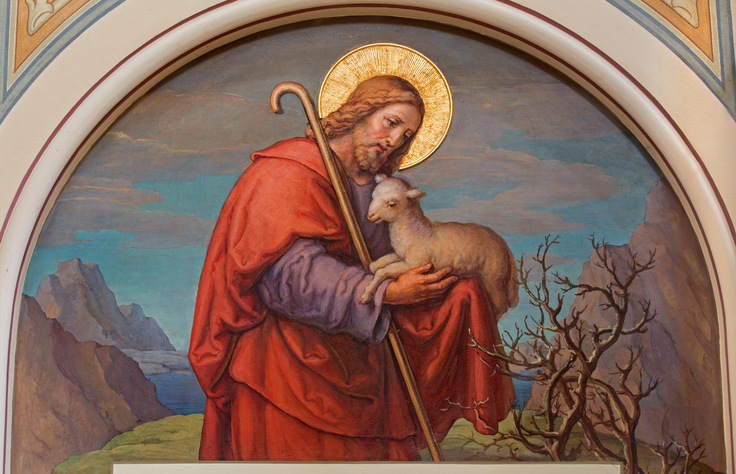I once recited today’s Psalm (23) for a class assignment in high school. Not only is it one of the most well-known Psalms, thus making it easier to memorize, but it is also one of the most moving and poetic. It sums up who God is for me. He is my guide, my tranquility, my beauty, my banquet, and my ultimate goal. I want to dwell in his house! May these words be balm to your soul:
The LORD is my shepherd; I shall not want.
In verdant pastures he gives me repose;
Beside restful waters he leads me;
he refreshes my soul.
Even though I walk in the dark valley
I fear no evil; for you are at my side
With your rod and your staff
that give me courage.
You spread the table before me
in the sight of my foes;
You anoint my head with oil;
my cup overflows.
Only goodness and kindness follow me
all the days of my life;
And I shall dwell in the house of the LORD
for years to come.
In those moments when I wonder how I am going to pay my mortgage, I remember “I shall not want.”
In those moments when I worry if I can take one more sleepless night, “he gives me repose.”
In those moments when I have no idea what to do next, “he leads me.”
In those moments when I don’t know if I can take one more toddler temper tantrum, “he refreshes my soul.”
In those moments when I am disturbed by a frightful thought he is “at my side.”
In those moments when the refrigerator is bare he “spread[s] the table before me.”
In those moments when I thirst for quiet “my cup overflows.”
In those moments when negativity abounds all around me “goodness and kindness follow me.”
And in those moments when I long for heaven I know I will soon “dwell in the house of the Lord.”

Tami grew up in Western Michigan, a middle child in a large Catholic family. Attending Catholic schools her whole life, she was an avid sportswoman, a (mostly) straight A student and a totally type A sister. She loves tackling home projects, keeping tabs on the family finances and finding unique ways to love. She spent early young adulthood as a missionary in Mexico, studying theology and philosophy, then worked and traveled extensively before finishing her Bachelor’s Degree in Western Kentucky. Her favorite things to do are finding fun ways to keep her four boys occupied, quiet conversation with the hubby, and grocery shopping with a latte in her hand. She works at Diocesan, is a guest blogger on CatholicMom.com and BlessedIsShe.net, runs her own blog at https://togetherandalways.wordpress.com and has been doing Spanish translations on the side for the past 18 years.























